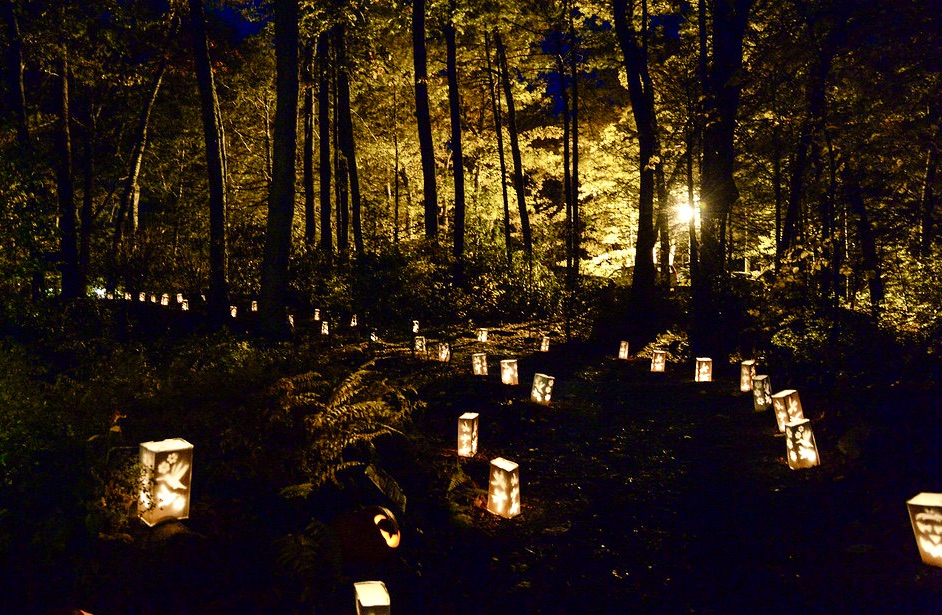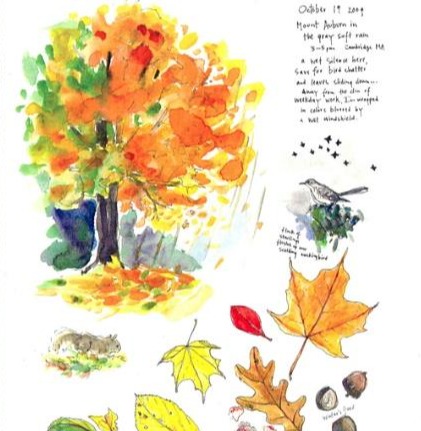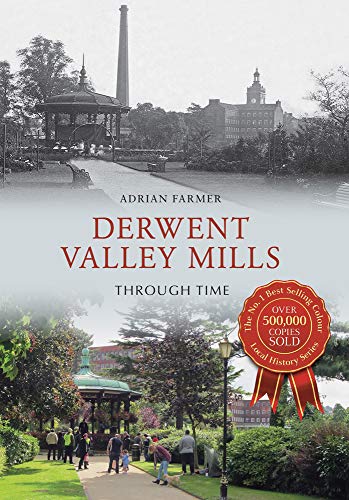The Gardens Trust has created a seven part series on Tuesdays, beginning September 12, to mark 50 years of UNESCO World Heritage, £5 each or all 7 for £28. Starting with an overview of World Heritage values and the changing nature of the UK list, the series will aim to enthuse people about individual sites around Great Britain, highlighting what makes each one exceptional, the advantages and challenges of being inscribed on the list, and the issues around sustainable future management of these global assets. Attendees will be sent a Zoom link 2 days prior to the start of the talk, and again a few hours before the talk. A link to the recorded session (available for 1 week) will be sent shortly afterwards. Register for the complete series HERE, or follow the links on that page to sign up for individual sessions. Since this is the final episode, you may wish to sign up for the single session.
Derbyshire’s Derwent Valley is the birthplace of the factory system, where water power was first successfully harnessed for mass production, ushering in the modern industrial age. The need for people to come together to work in the mills resulted in the rapid creation of new communities, complete with infrastructure to provide for their educational and spiritual needs. Today those early mills, and their communities, can still be seen in their stunning valley landscape setting, some barely changed in over 200 years. Their significance was recognized in 2001 when they were inscribed on UNESCO’s World Heritage List.
Adrian Farmer has for 19 years been coordinating all heritage aspects relating to the Derwent Valley Mills World Heritage Site – from planning responses to research, and engagement to promotion. He received the British Empire Medal in 2019 and was Highly Commended in the UK’s first Tourism Superstar Awards in 2012, for his work in this area. He has written eight local history books.



